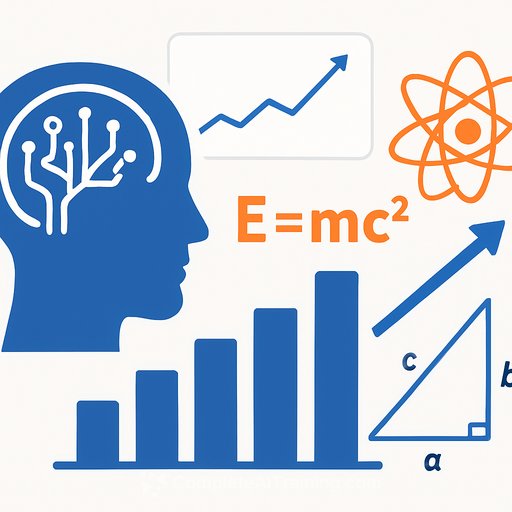AI-Informed Design Enhances Bi-Specific CAR T Cell Immunotherapies
Scientists at St. Jude Children’s Research Hospital have developed a computational method to improve the design of bi-specific chimeric antigen receptor (CAR) T cells. These engineered immune cells target two cancer-related proteins simultaneously, addressing the limitations of therapies that focus on a single antigen.
Challenges in Targeting Multiple Tumor Antigens
CAR T cells reprogram a patient’s immune cells to recognize and destroy tumor-specific proteins on cancer cells. While effective for some blood cancers, single-target CAR T therapies often fall short against solid and brain tumors. Tumor heterogeneity means not all cancer cells express the same antigen, allowing some cells to evade treatment and cause relapse.
Efforts to create tandem CARs that recognize two antigens have faced obstacles such as poor CAR expression on T cell surfaces and reduced cancer-killing efficiency. These challenges have made the development process time-consuming and expensive.
Computational Screening Accelerates CAR Design
To overcome these hurdles, St. Jude researchers employed a computational pipeline to evaluate thousands of theoretical tandem CAR designs. This AI-informed algorithm assesses structural and biophysical features—including protein folding stability and aggregation tendencies—and assigns a “fitness” score predicting expression and function.
Top-ranked CAR constructs were then experimentally validated. The optimized tandem CARs demonstrated improved surface expression and enhanced tumor-killing ability in animal models compared to unoptimized versions and single-target CARs.
Effective Tumor Clearance in Preclinical Models
The study focused on pediatric brain tumor antigens B7-H3 and IL-13Rα2. The original bi-specific CAR failed to express on the T cell surface, limiting its function. After computational optimization, the tandem CAR was expressed effectively and tested in mice bearing tumors with heterogeneous antigen expression.
Results showed complete tumor clearance in four out of five mice treated with the optimized tandem CAR T cells. In contrast, tumors treated with single-target CAR T cells regrew. Additional testing confirmed that the computational method enhanced the efficacy of other tandem CAR designs as well.
A Generalizable Tool for CAR Development
This computational approach can screen approximately 1,000 CAR constructs in days, significantly reducing the development timeline compared to traditional laboratory methods. By integrating structural biology and data science, the tool supports rapid iteration and optimization of CAR designs.
The researchers emphasize that this method is broadly applicable across CAR constructs targeting various cancer antigens. It offers a practical pathway to improve immunotherapies for difficult-to-treat tumors, such as those found in pediatric brain cancers.
Funding and Institutional Support
The study was supported by grants from the National Cancer Institute (P30 CA021765), the National Institute of Neurological Disorders and Stroke (R01NS121249), the Assisi Foundation of Memphis, and ALSAC, the fundraising organization for St. Jude.
St. Jude Children’s Research Hospital is a National Cancer Institute-designated Comprehensive Cancer Center dedicated exclusively to pediatric diseases. Its research and treatments have significantly increased childhood cancer survival rates over the past six decades.
For those interested in the intersection of AI and biomedical research, exploring applied computational methods can lead to tangible advances in therapy design. Further AI training resources and courses can be found at Complete AI Training.
Your membership also unlocks:






